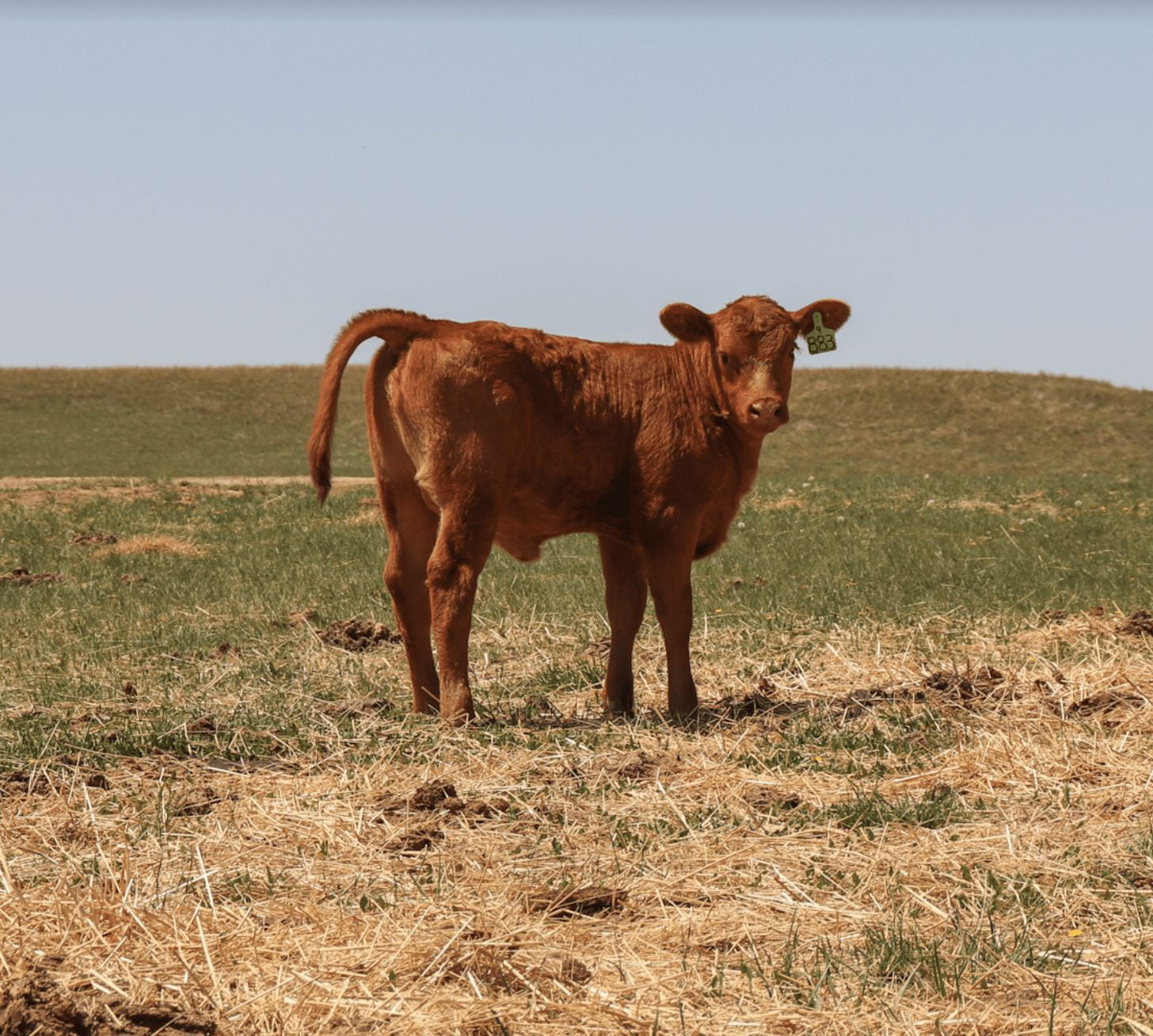Ruthanne S. – Documenting Ranch Life

Artist Statement:
After spending time in Montana during the early stages of Covid-19 pandemic I decided to return to Montana to do my senior project. With the restrictions that were in place at the time I figured that it would be feasible for me to spend time with my uncle, who is a cattle rancher on a ranch outside of Roundup, Montana and document what daily life is like for him. Since life on the ranch stands in stark contrast to life here in New York City I thought that not only would this be an interesting experience for me personally, but that through my work I could also share what I have learned with others.
As city dwellers we do not often get to interact with or hear the voices of people in the farming industry. So, with my documentary I wanted to create a space for us to hear those voices to allow for a better understanding of a different way of life. One of the main goals that I had in creating my documentary was to dispel any myths that people might have about cattle ranching. While I do not directly address any misconceptions about ranching in my documentary, viewers will no doubt bring with them their own preconceived notions about ranching. My hope is that after people watch my documentary they will have a better understanding of how ranchers operate and the complex science behind ranching that goes into producing top quality cattle. Above all else, something that I really wanted to convey to my audience was the genuine respect that my uncle and other ranchers like him have for their animals. As someone who is very interested and involved in animal justice, I am aware of how poorly animals are sometimes treated in the farming industry. I want to show people that while that is the case there are also ranchers out there who care deeply about the quality of life of their animals and are always looking for ways to improve.
In the first week of my senior project I spent my time trying to watch as many documentaries as possible to gain a better understanding of what kind of footage I would need and then how I should put it together to tell a story. The documentary that I found most helpful in shaping my own was My Octopus Teacher, since it too follows the relationship between humans and animals. While watching other work was helpful in the beginning stages of my project it ended up being even more helpful as I entered the editing process. Since seeing other films helped me to decide how to weave together footage that I had captured of daily life with my interview footage.
To accomplish my goal of making a documentary about cattle ranching I went to go live with my uncle for a few days on several different occasions throughout the duration of this project. During the time that I spent with him I followed him around every day all day with my camera in order to capture footage of what work was being done each day. Most days I would wake up early with him and follow him as he did his daily chores which mainly consisted of feeding all of the cattle in different pastures. While a lot of the same things were done day after day, I came during the calving season so I was able to capture footage of the new calves being born and taking their first steps. I found this to be the most interesting and rewarding part of my senior project experience and the section of my documentary that is devoted to calving is the one that I am most proud of. After I got enough daily footage of life on the ranch I conducted a series of interviews with my uncle to serve as the voiceover for my documentary. In these interviews he talks about a range of topics from who he is, to his business, and the calving process. These three broad topics also serve as the main three different sections within my documentary.